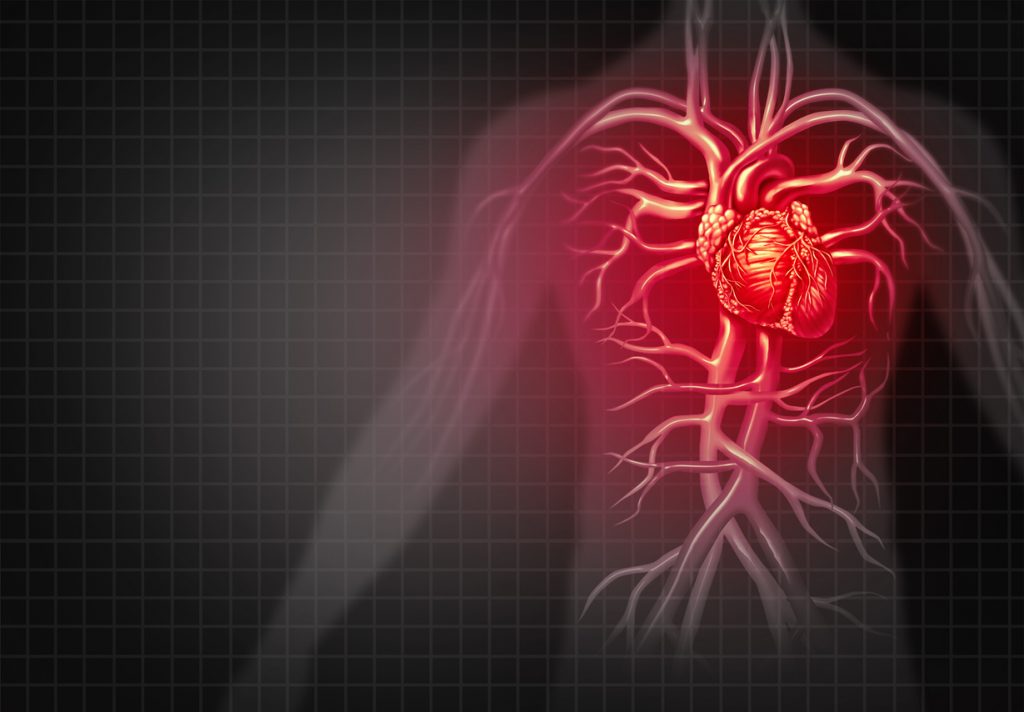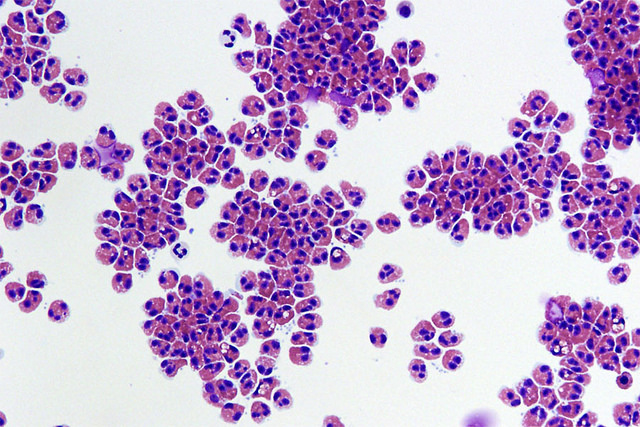Patients with acute myocardial infarction might benefit from the addition of glycoprotein IIb/IIIa inhibitors to fibrinolytic or mechanical reperfusion strategies. We compared two strategies, stenting and fibrinolysis, both combined with abciximab, in terms of their ability to salvage myocardium in patients with acute myocardial infarction.
Patients with acute myocardial infarction might benefit from the addition of glycoprotein IIb/IIIa inhibitors to fibrinolytic or mechanical reperfusion strategies. We compared two strategies, stenting and fibrinolysis, both combined with abciximab, in terms of their ability to salvage myocardium in patients with acute myocardial infarction.We enrolled 162 patients with acute myocardial infarction within 12 h of onset of symptoms, assigning 81 stenting plus abciximab and 81 alteplase plus abciximab. Technetium-99m sestamibi scintigraphy was done at admission and after a median of 11 days to calculate initial perfusion defect, final infarct size, and degree of myocardial salvage. The primary endpoint was the salvage index (the ratio of the degree of myocardial salvage to the initial perfusion defect). Major adverse clinical events within 6 months from randomization were also compared between the two treatments.Paired scintigraphic measurements were available for 70 patients in the stent group and 71 in the alteplase group. Stenting was associated with greater myocardial salvage than alteplase (median 13.6 % [IQR 5.9 – 23.9] vs 8.0 % [2.5 – 16.0] of the left ventricle; p = 0.007). Salvage index was greater in the stent group than in the alteplase group (median 0.60 [0.37 – 0.82] vs 0.41 [0.13 – 0.58]; p = 0.001). The 6-month mortality rate was 5 % (four deaths) in the stent group and 9 % (seven deaths) in the alteplase group (relative risk 0.56 [95% CI 0.17 – 1.88]; p = 0.35).In patients with acute myocardial infarction, a reperfusion strategy based on stenting with abciximab produced more myocardial salvage than the combination of fibrinolysis plus abciximab. Larger studies are needed to assess whether these effects translate into clinical benefit. (Source: European Society of Cardiology: Acute Coronary Syndromes Trials)
All content and media on the HealthEngine Blog is created and published online for informational purposes only. It is not intended to be a substitute for professional medical advice and should not be relied on as health or personal advice. Always seek the guidance of your doctor or other qualified health professional with any questions you may have regarding your health or a medical condition. Never disregard the advice of a medical professional, or delay in seeking it because of something you have read on this Website. If you think you may have a medical emergency, call your doctor, go to the nearest hospital emergency department, or call the emergency services immediately.







